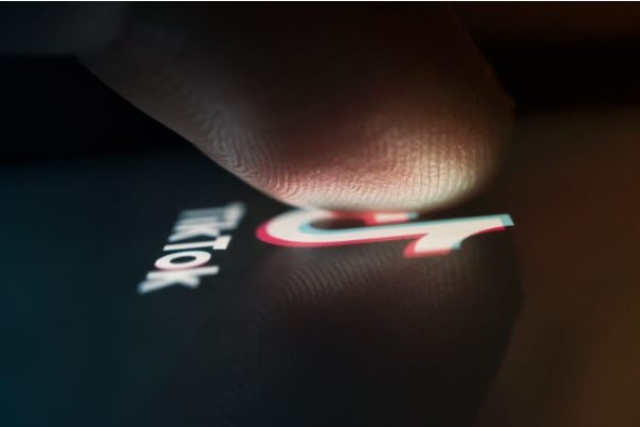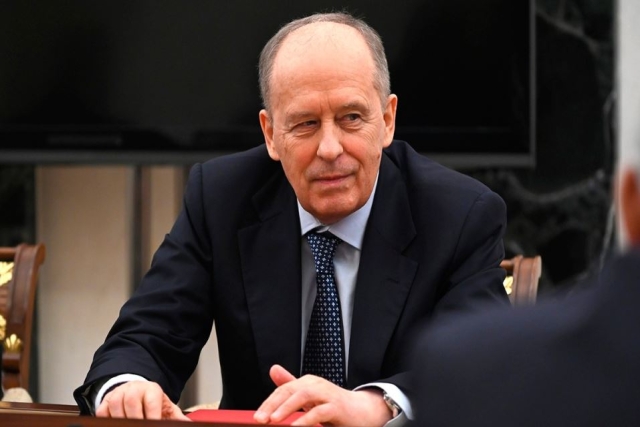Swedish MoD Uses TikTok to Combat Misinformation
TikTok is key for reaching youth, making direct engagement crucial.

The Swedish Armed Forces have joined TikTok in an effort to counter misinformation and better communicate with younger audiences.
According to Johan Landeström, market manager for the Swedish Armed Forces, TikTok is the largest digital channel for young people, making it important for the organization to engage directly with its target group. Landeström also noted the need to address misinformation that targets Swedish interests on the platform, which has grown due to TikTok's reach.
One example cited by Landeström was the spread of the hashtag "the Russians are coming" when Russia launched its war of aggression against Ukraine. The misinformation created considerable anxiety among young Swedes, prompting the Swedish Armed Forces to use influencers to counter these false claims.
Despite the decision to join TikTok, the Swedish Armed Forces still restrict the use of the app by its employees on official mobile phones due to security concerns. Landeström explained that the app could potentially have hidden features that extract user information, which could then be accessed by Chinese authorities. To mitigate this risk, the Swedish Armed Forces use specific mobile phones solely for managing the TikTok account and only share publicly available information.
TikTok has faced restrictions from defense ministries worldwide due to security concerns. Countries including the U.S., India, Australia, and Japan have banned or restricted the app's use on military devices and networks. The primary concerns revolve around data privacy and potential Chinese government influence, given TikTok's ownership by ByteDance, a Chinese company. Defense officials worry that sensitive information could be compromised or exploited, posing national security risks. In response, TikTok has repeatedly assured data protection and independence from Chinese authorities, but governments remain cautious, prioritizing security over the app's popularity.









